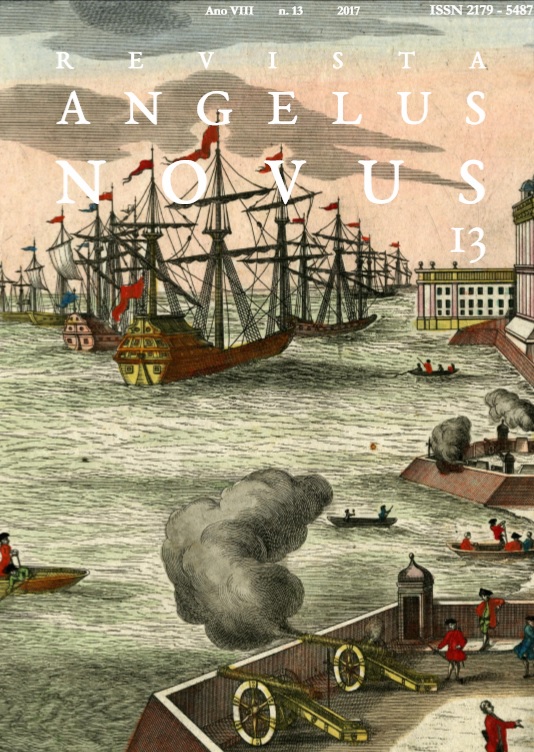Commercial transactions and the Customs of Rio de Janeiro in the first half of the 17th century
DOI:
https://doi.org/10.11606/issn.2179-5487.v13i13p49-71Keywords:
trade, taxation, customsAbstract
The purpose of this paper is to analyze the commercial relations established in Portuguese America in the period of the Iberian Union and the role of Customs in this scenario. The moment when Portugal lived under the sign of Spain favored the exchange between the coastal cities of Brazil and Buenos Aires by sea, since these areas were facing the Atlantic. This gave rise to regular traffic between the Brazilian captaincies and the River of Silver region. Thus, not only the port of Salvador, but also the port of Rio de Janeiro became commercial warehouses from where boats depart to that region with goods that included as destination the Potosí. It is in this sense that the Customs must be seen as essential institutions for the operation of the gears that aimed at the collection of taxes, the organization of commerce and the control of contraband, contributing for the assembly of the apparatus of the colonial system that was beginning to be implanted along with the introduction of the commercial exclusive and the increase of the slave trade.Downloads
Download data is not yet available.
Downloads
Published
2017-04-18
Issue
Section
Dossiê temático: Império e Colonização
License
Copyright (c) 2017 Helena de Casia Trindade de Sá

This work is licensed under a Creative Commons Attribution-NonCommercial 4.0 International License.
1. Proposta de Política para Periódicos de Acesso Livre
Autores que publicam nesta revista concordam com os seguintes termos:
- Autores mantém os direitos autorais e concedem à revista o direito de primeira publicação, com o trabalho simultaneamente licenciado sob a Creative Commons Attribution License que permitindo o compartilhamento do trabalho com reconhecimento da autoria do trabalho e publicação inicial nesta revista.
- Autores têm autorização para assumir contratos adicionais separadamente, para distribuição não-exclusiva da versão do trabalho publicada nesta revista (ex.: publicar em repositório institucional ou como capítulo de livro), com reconhecimento de autoria e publicação inicial nesta revista.
- Autores têm permissão e são estimulados a publicar e distribuir seu trabalho online (ex.: em repositórios institucionais ou na sua página pessoal) a qualquer ponto antes ou durante o processo editorial, já que isso pode gerar alterações produtivas, bem como aumentar o impacto e a citação do trabalho publicado (Veja O Efeito do Acesso Livre).
How to Cite
Sá, H. de C. T. de. (2017). Commercial transactions and the Customs of Rio de Janeiro in the first half of the 17th century. Revista Angelus Novus, 13, 49-71. https://doi.org/10.11606/issn.2179-5487.v13i13p49-71






